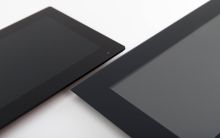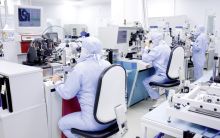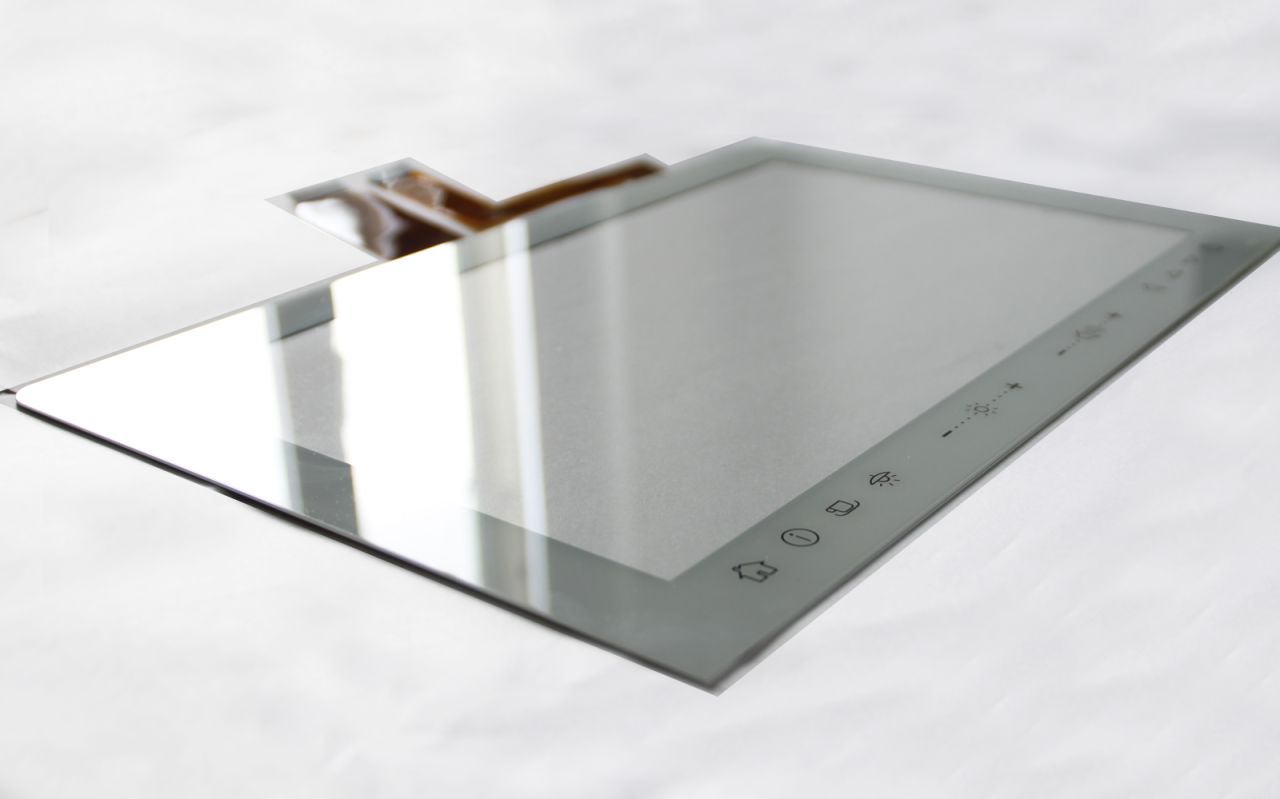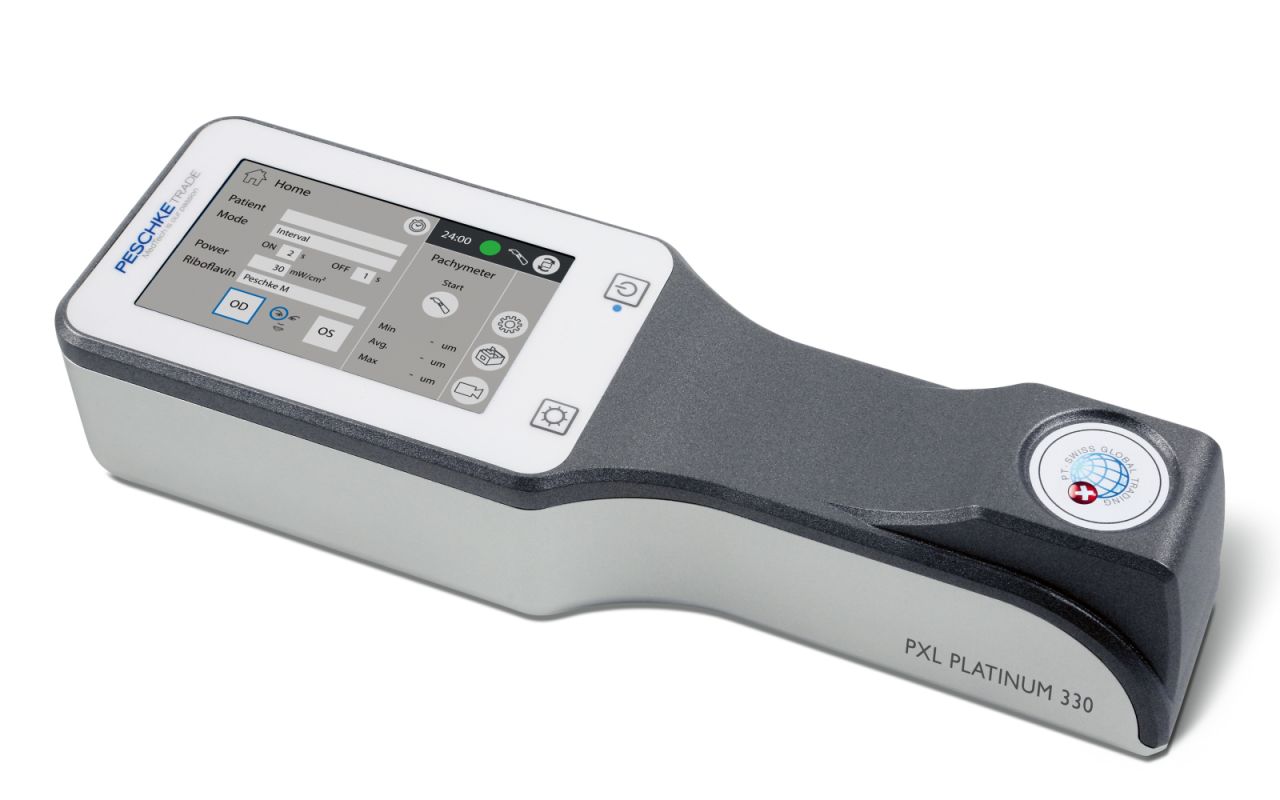Optical bonding
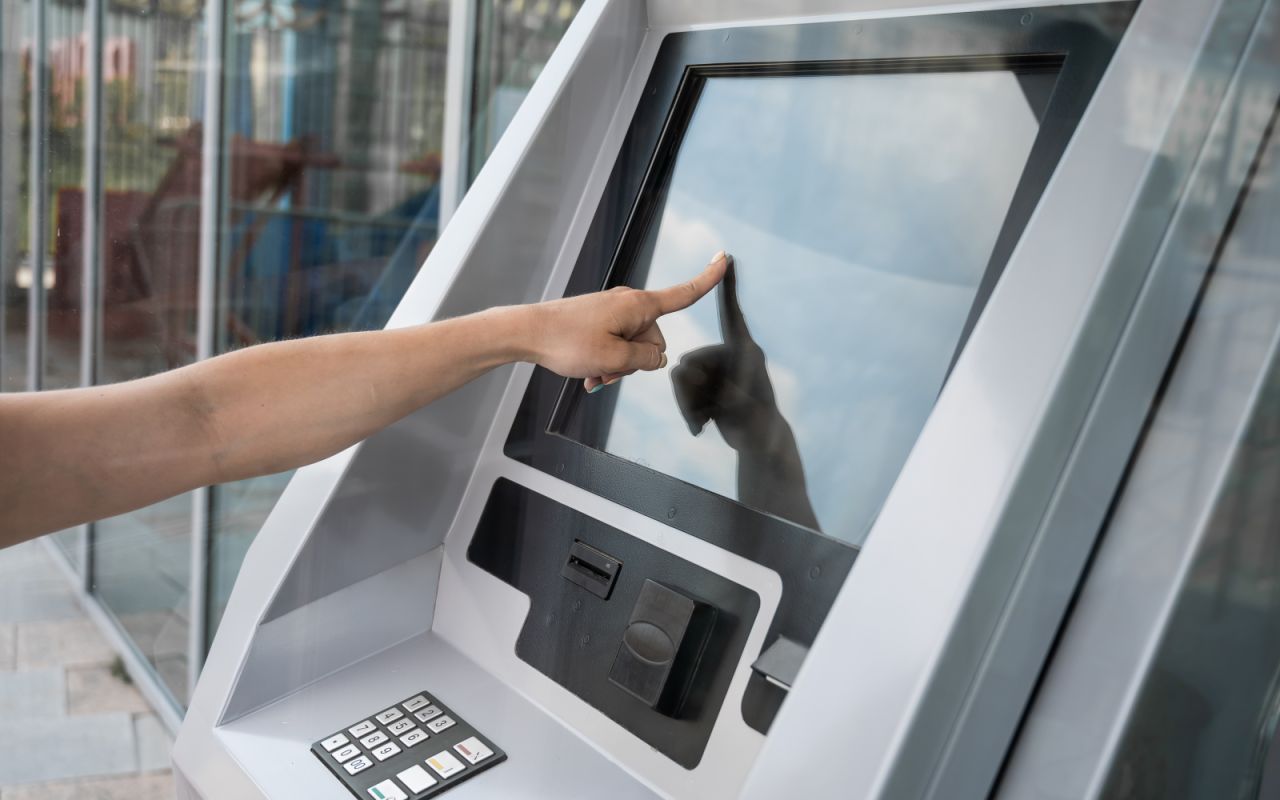
In optical bonding, individual components are bonded together. This results in a very high-quality and stable HMI composite (Human Machine Interface). This composite can be specifically adapted or defined according to your requirements and depending on the area of application. Optical bonded displays are particularly suitable for e-mobility, industrial, medical or outdoor applications that require perfect contrast and brilliance in bright environments.
Do you recognize this situation?
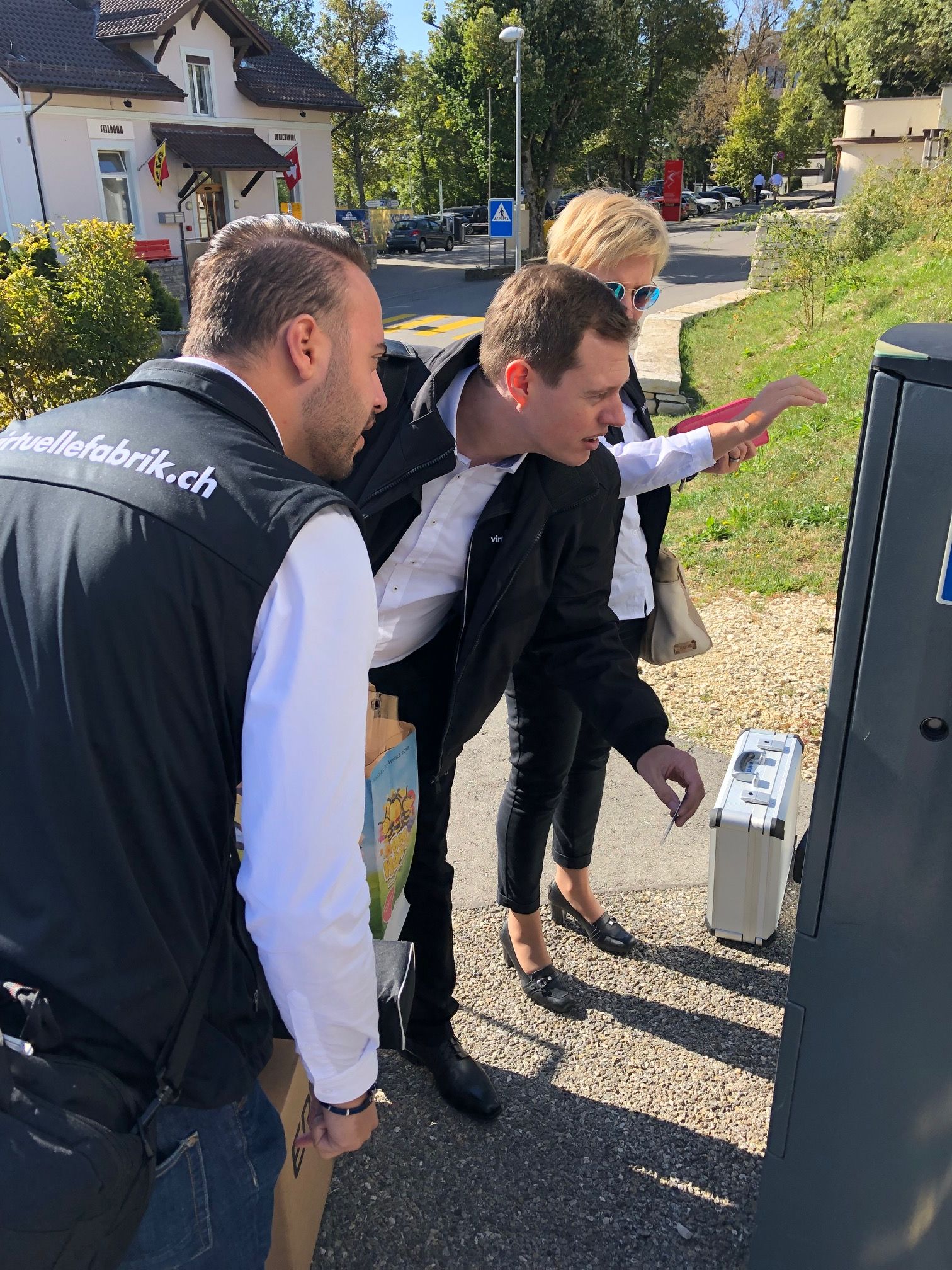
We offer you different technologies and services for optical bonding. In most cases we laminate glass surfaces or PMMA components with membrane switches, touches and/or displays in the clean room.
The main advantages of optical bonding
1. Reduction of reflections
The main advantage of optical bonding is the improved readability and high color transmission of the display, even under different lighting conditions and viewing angles. A highly transparent adhesive fills the air gap between the glass and the display. This prevents annoying light reflections and reduces refraction, which increases contrast and optical brilliance. In addition, the adhesive balances tension and does not impair the thermal expansion of the individual components.

2. Protection against foreign objects and condensation
Due to the high-quality bonding of the individual components, no foreign particles or dust particles can get into the field of vision. In addition, there is 100% protection against condensation.

3. Increased stability
Due to the full-surface and high-quality bonding, a stable compound is created, which has a very high vibration and impact resistance. In addition, this composite ensures a long lifetime, even when it's used under extreme (outdoor) weather conditions.

4. Improved touch performance
PCAP sensors are reliant on the finger getting as close as possible to the sensor level. The larger the air gap between the user interface and the touch sensor, the poorer the performance of the touch unit. The air gap thus isolates the touch, the operation of the surface is restricted and may be delayed under certain circumstances. The high-quality liquid adhesive (also gel bonding) used in optical bonding behaves similar to glass after curing and therefore no longer represents an obstacle to operation.
Technologies
In "Optical Bonding" we have four different and established technologies. Depending on the field of application, we will find the best possible solution for you.
Liquid Optically Clear Adhesive bonding (LOCA)
High-quality bonding in a clean room with liquid adhesive.
Areas of use: high-quality industrial and telecommunications applications; E Mobility; ideal for outdoor use
+ optimum colour and contrast reproduction from the display
+ optimum protection against dust and condensation
+ maximum performance of the PCAP sensor
+ extra strong composite
- costs for tooling

Gel bonding (OCA)
High-quality bonding in the clean room with gel-like adhesive on sheets.
Areas of use: high-quality industrial and telecommunications applications; e-mobility; also for outdoor applications
+ optimum colour and contrast reproduction from the display
+ optimum protection against dust and condensation
+ very high vibration and shock resistance
+ easier to apply than liquid adhesive
- costs for tooling

Tape bonding (OCA)
Bonding in a dust-free environment with double-sided highly transparent adhesive tape.
Areas of use: simple bonding of viewing windows with display and PMMA reinforcements; bonding of foils / membrane switches with resistive touch units or glass with capacitive touch, for medium requirements
+ no mounting tools necessary
+ does not necessarily have to be installed in the clean room
+ small production lots possible
- for outdoor use only conditionally applicable
Frame bonding
Frame bonding in a dust-free environment on partially cut out adhesive.
Areas of use: simple bonding of displays to operating foils and membrane switches
+ proven bonding of displays
+ no clean room required for assembly
- conditional protection against dust and condensation
- air gap remains

Get us involved
Many years of know-how and a large number of industrial bonding projects have enabled us to offer various solutions for small, medium and large quantities at competitive prices.
We procure the necessary components (glass, touch sensor, display) prefabricated, either in Europe or China, bond/glue at our locations and deliver the HMI unit to the desired destination, worldwide.
Contact us for more information. We will be happy to advise you.
